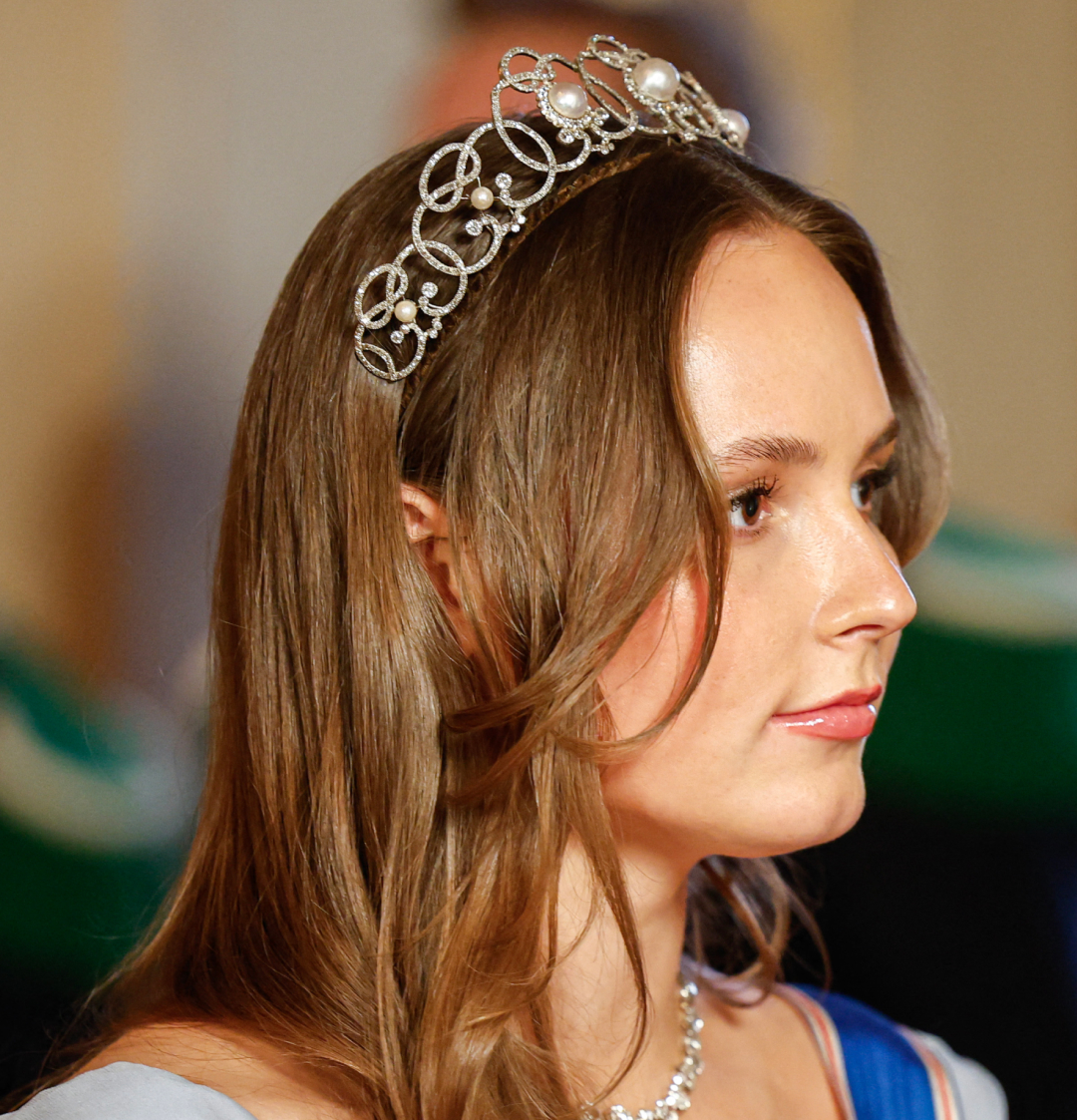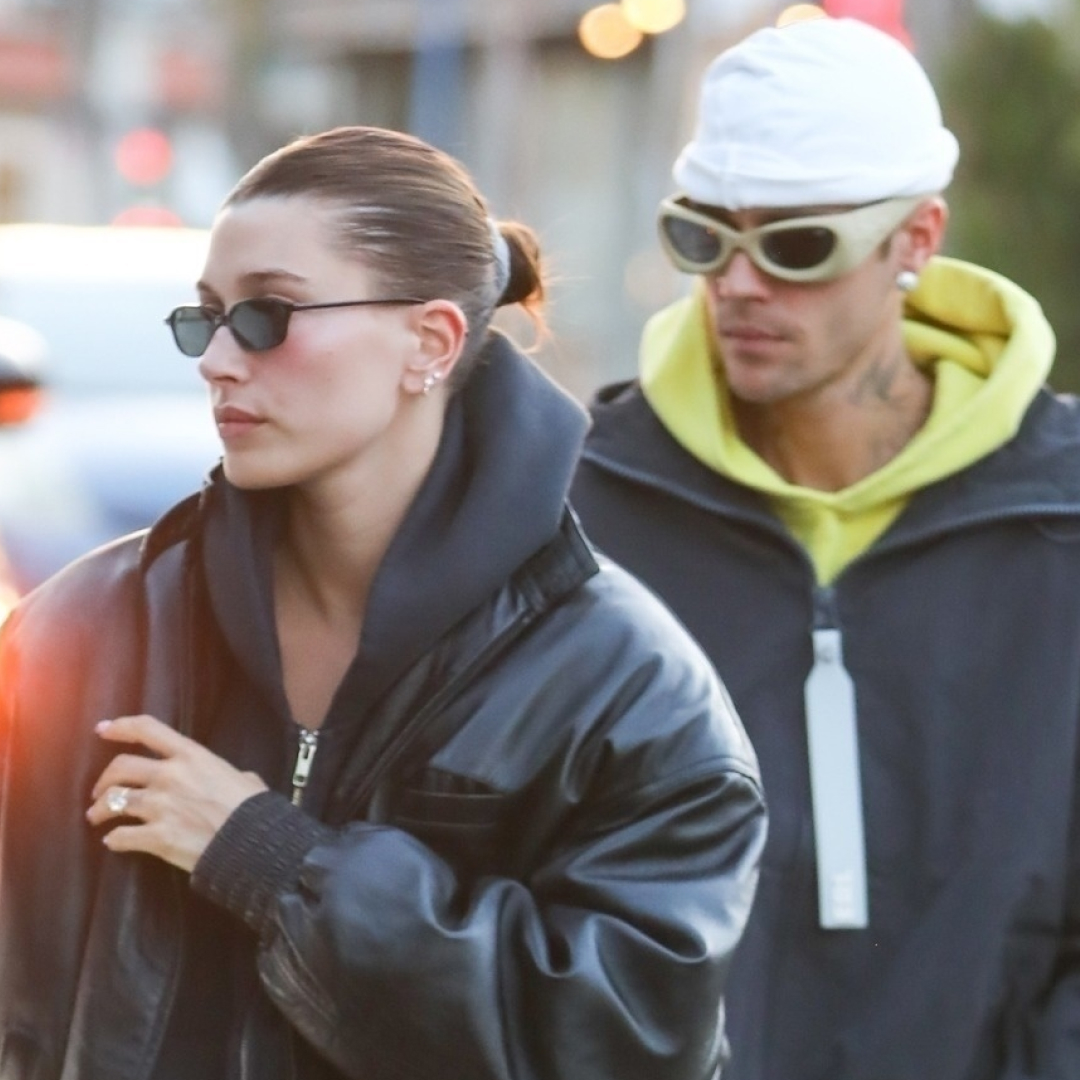Netflix’s ‘Baby Reindeer’ Is \201cTrue Crime\201d at Its Messiest—and Best
The miniseries from Richard Gadd explores the gray areas of its fictionalized true story, and in doing so elevates the entire genre.

This article contains descriptions of sexual assault and harassment. For support, please contact the National Sexual Assault Hotline at (800) 656-4673, or visit rainn.org.
Baby Reindeer is the latest show based on a real-life story to hit Netflix. Created, written by, and starring Scottish comedian Richard Gadd, the seven-episode series follows Donny Dunn, a fictionalized version of Gadd, as he strikes up a friendship with Martha (Jessica Gunning), a woman he meets while working at a pub. The situation quickly devolves into stalking and harassment on the part of the romantically-obsessed Martha; as Donny tries to protect himself and his loved ones, he’s forced to reckon with a traumatic history of abuse and how it affected his self-worth. (Spoilers ahead.) While the new series falls under the genre of fictionalized true crime, and has been marketed by Netflix as such, it deserves to stand out among the onslaught of formulaic “ripped-from-the-headlines” content put forth by the streaming giant. Because Baby Reindeer gives viewers a messy, empathetic, wholly-human depiction of abuse and mental illness, and delves into gray areas of sexuality, masculinity, and attachment that are rarely explored on television, let alone within true crime.
True crime is a loaded label in pop culture. Cultural critics have spent years questioning the ethics of the “true crime boom,” pointing out the dangers of series that venerate serial killers into celebrity status, re-traumatize survivors as their tragedies are dredged back up and presented on a national stage, and can sometimes allegedly misrepresent complicated cases while fitting the events into an easy-to-follow narrative structure. And because of streamers which demand a firehose of replenishing content, impressive series that accomplish the best of what true crime can offer often receive less buzz than the most sensationalized hits.

Richard Gadd as Donny meets Martha, played by Jessica Gunning, for the first time.
Baby Reindeer made a quiet debut on Netflix in mid-April, with early reviews and buzz coming from the U.K. (Gadd took home an Olivier Award in 2020 for his autobiographical one-man show that covers the same fraught period in his life). This new series goes even further by dramatizing the real-life “Martha’s” actions with a stunning amount of detail; both the fictional character’s unique manner of speech and her frantic, typo-laden emails are pulled directly from Gadd’s recollection and records. Details like Martha’s tendency to falsely type “Sent from my iPhone” at the end of her emails, to fein ownership when she was actually typing on a nondescript, outdated phone, are too specific to be made up. (Over the course of a five year period, Gadd received 41,071 emails, 350 hours of voicemail, 744 tweets, 46 Facebook messages, and 106 pages of letters from the woman who stalked him.)
It’s understandable why so many articles have popped up asking how much of the series is truth and how much is fiction. But what any number of fact-checking articles can’t convey is how Baby Reindeer takes its disclaimer “this is a true story” to another level, in highlighting the emotional and moral gray areas of both Donny and Martha as characters. Yes, Martha’s stalking is dangerous emotionally and physically, but from the first moment she’s on screen, she’s presented as a whole human rather than some boogeyman. In the start of their acquaintanceship, Donny admits (via narrative voiceover where future Donny reflects on the incidents throughout the show’s run) that he indulged Martha’s obsessive crush because her compliments gave him a confidence boost, as he struggled in the London comedy scene. Even as Martha’s behavior gets more out of control, she’s depicted through an empathetic lens, with Donny considering (and in turn forcing the audience to consider) how she’s obviously mentally ill and needs psychiatric help. It’s also clear (but never said outright) that people like Martha tend to cycle through prison and probation without receiving adequate mental health care.

Martha in episode 1 of the Netflix miniseries.
Meanwhile, Donny is nowhere near the perfect, faultless victim that the true crime industry (and the police) usually demand. His outsized empathy for Martha is presented as both compassionate and “patronizing and arrogant,” highlighting a full spectrum of emotional nuance. Narration Donny spends the bulk of the series questioning every single response he has to the stalking, and his unflinching honesty guides viewers through his self-destructive decisions regarding Martha, from following her home and peeking into her windows, to going along with her delusions with the misguided aim of letting her down easy. It isn’t until halfway through the series that viewers finally learn the horrific reason why Donny’s sense of self-preservation is so low.
In episode 4, Baby Reindeer flashes back to years before Donny met Martha, and shows him meeting a successful TV writer named Darrien during a stint at the Edinburgh Fringe Festival. After reconnecting in London, the two men fall into a mentor-mentee relationship, with Donny seeing Darrien’s interest in him as a ticket to an ascending comedy career. However, Darrien makes it clear that a condition of their friendship is Donny getting high with him on an assortment of drugs every weekend; soon after Darrien begins sexually assaulting Donny while he’s unconscious. The episode gives a visceral, stomach-churning look at severe sexual abuse and its aftermath, where even after extricating himself from Darrien, Donny begins to indulge in reckless hookups and dating behavior in search of “fucking answers.” When he unexpectedly finds love with a trans therapist named Teri (Nava Mau), it's clear that his trauma gets in between them as much as his internalized homophobia. He’s still in the thick of his confusion when Martha enters his life and, as he describes, “reaches, seemingly without effort, into the darkest pockets of [his] insecurity and turns them to light.”
Stay In The Know
Get exclusive access to fashion and beauty trends, hot-off-the-press celebrity news, and more.

Gadd as Donny stands in a glass-walled phone booth at night in a scene from 'Baby Reindeer.'
Baby Reindeer has drawn many comparisons to I May Destroy You as another wholly candid television depiction of sexual assault and abuse, one that doesn’t pull punches or sanitize the effects these atrocities have on survivors. Gadd has shown tremendous skill and bravery in telling a story that often goes unspoken on public platforms. His show also becomes the pinnacle of what true crime can accomplish when it reaches its fullest potential: raising public awareness about predatory behaviors and offering an empathetic life line to survivors who can see that what happened to them isn’t because they’re a bad or broken person.
Labeling the miniseries as Netflix’s latest true-crime offering is easy to do, but it’s a disservice for a show that rises above the typical true-crime formula and tells a story mired in the complexities and contradictions of actual human responses to trauma. If the point of storytelling is to introduce scenarios and points-of-view that the average person has never experienced, to open up minds and engender empathy, then messy stories like this need to be told. As unique and excellent crime shows become few and far between in the streaming landscape, Baby Reindeer serves as an example of true crime we need.
Quinci is a Culture Writer who covers all aspects of pop culture, including TV, movies, music, books, and theater. She contributes interviews with talent, as well as SEO content, features, and trend stories. She fell in love with storytelling at a young age, and eventually discovered her love for cultural criticism and amplifying awareness for underrepresented storytellers across the arts. She previously served as a weekend editor for Harper’s Bazaar, where she covered breaking news and live events for the brand’s website, and helped run the brand’s social media platforms, including Instagram, Facebook, and Twitter. Her freelance writing has also appeared in outlets including HuffPost, The A.V. Club, Elle, Vulture, Salon, Teen Vogue, and others. Quinci earned her degree in English and Psychology from The University of New Mexico. She was a 2021 Eugene O’Neill Critics Institute fellow, and she is a member of the Television Critics Association. She is currently based in her hometown of Los Angeles. When she isn't writing or checking Twitter way too often, you can find her studying Korean while watching the latest K-drama, recommending her favorite shows and films to family and friends, or giving a concert performance while sitting in L.A. traffic.
-
 James Middleton Shares Why He Was "Breathless and Flustered" During Meeting With Queen Elizabeth
James Middleton Shares Why He Was "Breathless and Flustered" During Meeting With Queen Elizabeth"I heard a snort of laughter and looked past the Queen to see everyone in the room stifling their giggles."
By Kristin Contino
-
 This Modern Princess Will Break a 600-Year-Old Tradition When She Takes the Throne
This Modern Princess Will Break a 600-Year-Old Tradition When She Takes the ThronePrincess Ingrid Alexandra of Norway will follow in a long-ago ruler's footsteps.
By Kristin Contino
-
 Hailey Bieber's "Favorite Jacket" Is Actually One She Designed
Hailey Bieber's "Favorite Jacket" Is Actually One She DesignedIt's a piece for husband Justin Bieber's new brand.
By Halie LeSavage